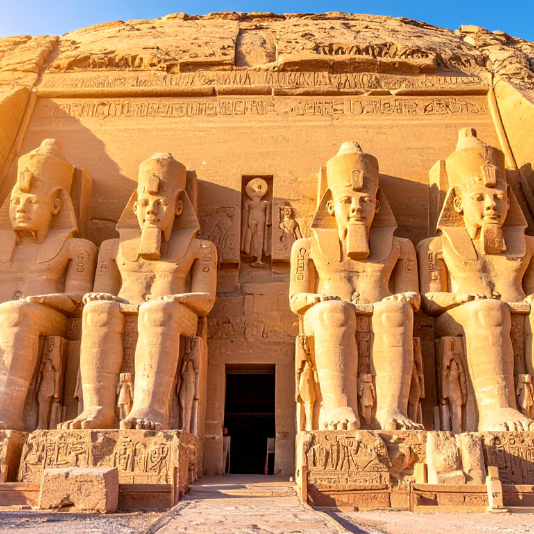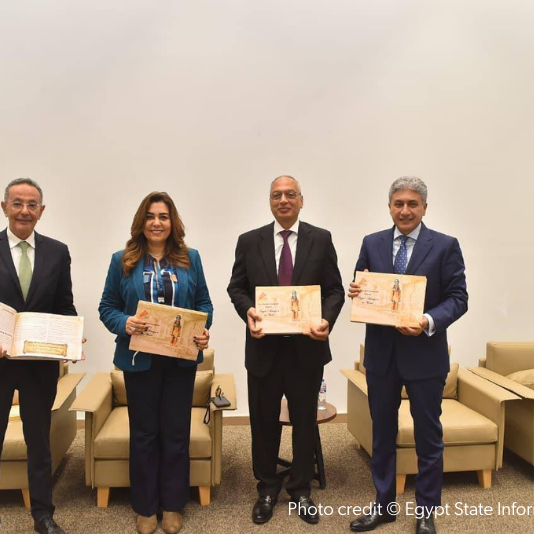Egypt has taken a historic step toward transforming its transportation landscape with the launch of the trial operation of the country’s first high-speed electric train line. Prime Minister Mostafa Madbouly gave the official signal during TransMEA 2025, marking the beginning of test runs on the first phase of this ambitious national project.
The trial took place along the initial section of the high-speed route — stretching from the Water Bridge to the Fayoum Bridge — representing a key segment of the planned 660-kilometer network connecting Ain Sokhna on the Red Sea to Alamein and Marsa Matrouh on the Mediterranean. The project is spearheaded by the National Authority for Tunnels, in collaboration with Siemens Mobility, Orascom Construction, and Arab Contractors.
During the event, the prime minister also inspected Egypt’s first locally manufactured amphibious bus, alongside new electric buses, taxis, and metro trains — all part of a broader national strategy to localize and modernize Egypt’s transport manufacturing sector.
Transport Minister Kamel El-Wazir described the high-speed system as “a national achievement built by Egyptian engineers and workers,” noting that the network will become the sixth largest of its kind in the world. Once completed, the system will connect major industrial zones such as Helwan, Borg El-Arab, 6th of October, New Minya, and New Assiut with key tourism destinations, including Giza, Luxor, Aswan, Abu Simbel, and Red Sea resorts. It will also link new agricultural regions such as the New Delta, Future of Egypt, Toshka, and West Minya — forming vital logistical corridors between the Red Sea and the Mediterranean.
Among the highlights of the project is Siemens’ Velaro high-speed train, featuring eight connected cars spanning 200 meters and accommodating 479 passengers. With Wi-Fi, power outlets, digital displays, and separate business and family cabins, the Velaro promises a modern, comfortable, and efficient passenger experience.
This groundbreaking rail system is expected to create thousands of jobs while redefining national mobility and elevating Egypt’s tourism, industry, and logistics sectors. As Egypt continues to invest in futuristic infrastructure, travelers can look forward to faster, cleaner, and smarter journeys across the country — and Excel Travel remains ready to craft seamless itineraries that connect visitors to every corner of Egypt’s evolving landscape.


